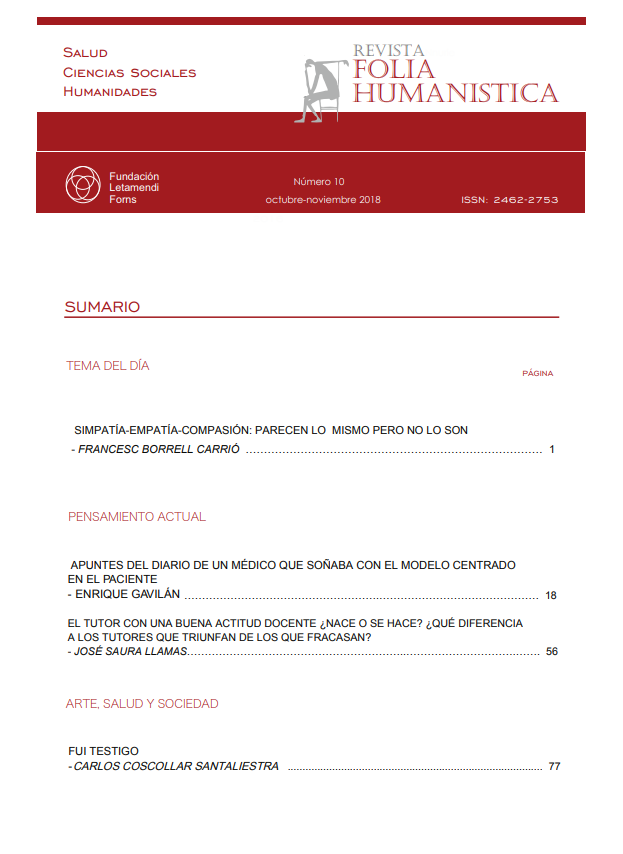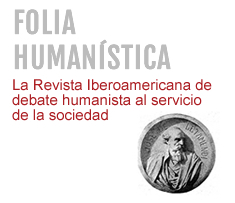I witnessed
DOI:
https://doi.org/10.30860/0045Keywords:
palliative, terminal patient, family physicianAbstract
As part of the professional practice of any physician, accompanying patients during the end of their lives is an inevitably frequent experience. The desire is usually expressed by patients for this time to be spent in their homes, close to their memories and loved ones. It is a more humane way of living and sharing moments full of deep emotion that constitute, in many cases, the culmination that will mark the memory of the surviving relatives. There are no repeated experiences, because the life that ends and the context in which the end occurs, is special for each patient and their way of living it. For the physician, it constitutes a professional challenge and, at the same time, an intense personal experience. Hospice care at a patient’s home adds particularities that require adapting the care approach. The case example of Felix is a recollection based on a real experience, with some prudential comments. Also, it is one more example of the need to recognize in ourselves the fundamental task of caring, accompanying and comforting, in a context that demands proximity and availability. It is, finally, one of the most meaningful tasks, which gives significance to the desire of being a physician, especially a family physician. A real privilege.
Downloads
Published
How to Cite
Issue
Section
License
La Revista Folia Humanística se adhiere a Creative Common en la modalidad: Reconocimiento – NoComercial – CompartirIgual (by-nc-sa): No se permite un uso comercial de la obra original ni de las posibles obras derivadas, la distribución de las cuales se debe hacer con una licencia igual a la que regula la obra original.








